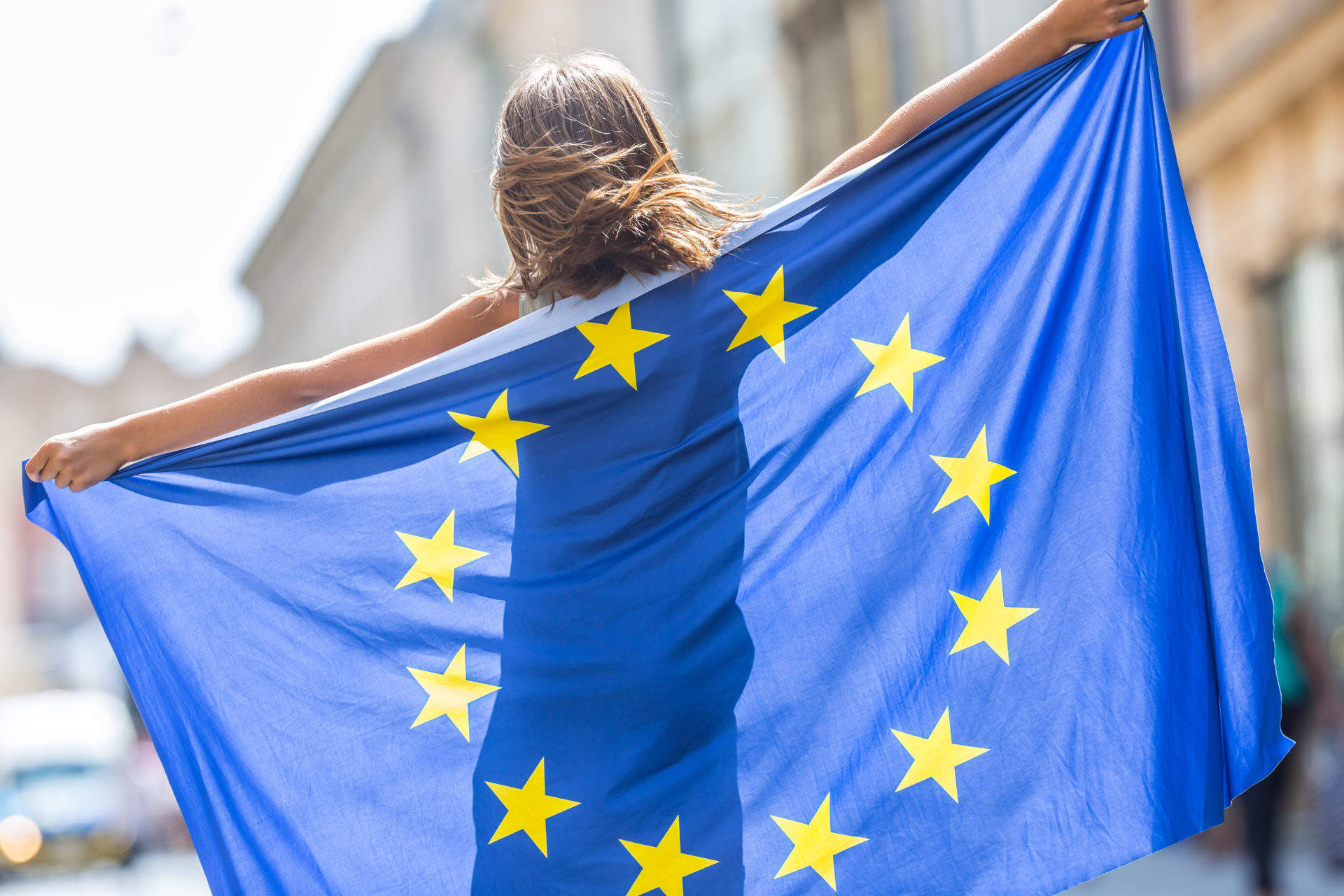
With less than six months before the Brexit deadline, support for the European Union is higher than ever among the majority of member states, according to a exhaustive new poll.
Following the 2016 EU referendum in the UK, as well as the increasing presence of right-wing politics, there were fears that anti-EU sentiment could be triggered among member states, causing a ‘domino effect’ of other countries also choosing to leave the bloc.
However, with the ongoing uncertainties surrounding the impact of Brexit and the prospect of the UK leaving without a deal, the opposite appears to be true, with EU Brexit negotiations apparently promoting increasingly positive sentiment towards the union.
According to Parlemeter 2018, a survey conducted by the European Parliament, support for the EU is growing, contradicting the view often portrayed in the media that Euroscepticism is on the rise.
The poll found that 62% of responders believed that being a member of the EU is a good thing for their country, a 2% increase from April this year. This is the highest it has been since 1992, suggesting that EU support has been gradually building, despite political uncertainty.
EU Brexit negotiations promoting support for European Union
EU membership is increasingly perceived as positive in 18 EU countries, reaching 87% in Luxembourg, 85% in Ireland, 81% in Germany, and 78% in the Netherlands. Meanwhile, around one in ten sees their country’s membership in the EU as a “bad thing”.
How well do you really know your competitors?
Access the most comprehensive Company Profiles on the market, powered by GlobalData. Save hours of research. Gain competitive edge.

Thank you!
Your download email will arrive shortly
Not ready to buy yet? Download a free sample
We are confident about the unique quality of our Company Profiles. However, we want you to make the most beneficial decision for your business, so we offer a free sample that you can download by submitting the below form
By GlobalDataHowever, positive sentiment has not increased across the board, with seven members experiencing a decline in confidence. In Romania, support for the EU fell by 10% to 49%, with the proportion of those who see EU membership as a bad thing increasing by 7%. This drop in support is particularly unprecedented, as support in 2007 was high, at 71%. Support for membership remains stable in Greece, Cyprus and Poland.
A majority of European citizens in 27 Member States believe that their country has benefited from being a member of the EU, reaching 68% on average. This was particularly high in Ireland, with 92% of respondents holding this view. The primary reason citizens believed their country benefited was that ‘the EU contributes to economic growth in their country’ with support of 38%.
EU Brexit sentiment worst in UK
The UK had the largest proportion of negative views on EU membership at 22%. However, this was not reflected in those who would now vote in favour of leave. Interestingly, in the UK 53% of respondents (aged 15 and above) would vote to remain in the EU, 35% would vote in favour of leave and 12% said that they were unsure. This suggests that during the ongoing Brexit negotiation process, suggesting EU Brexit sentiment has changed since the referendum.
This sentiment is shared by the majority of members, with 66% Europeans saying they would vote for their country to remain a member of the EU. Only 17% would vote to leave, with 17 % showing as undecided.
It is equally interesting to see that the British share of “don’t know” answers has decreased significantly. The share for “don’t know” dropped by 9 points in the UK to 10%, suggesting that views, be it positive or negative, have become more polarised, with fewer people on the fence about EU membership.
As the Euro approaches its 20th birthday, support for the currency Is the strongest it has been since 2004, with 77% of citizens being in favour of “a European economic and monetary union with one single currency, the euro”.







